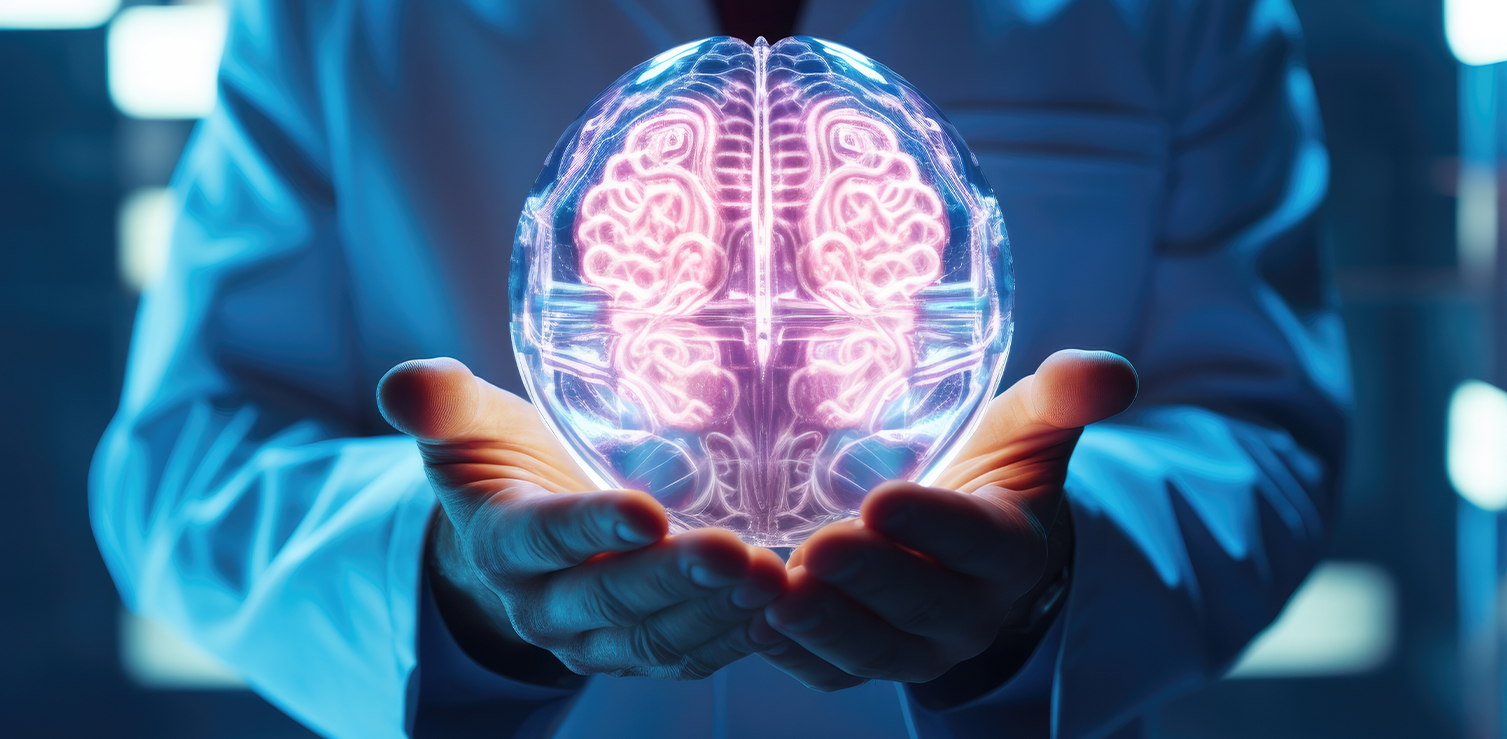
Neurology
Eternal Hospitals Neurology department is a well-known name for providing advanced treatments. We combine in-depth examinations with advanced technology to provide the best care for all kinds of neurological conditions. We have the best neurologists at Eternal Hospital Sanganer to provide treatment for all types of neurological conditions and successful treatment results. Our highly experienced doctors and intensive care unit guarantee successful treatment and management, even for critical neurological cases.
What Is Neurology?
Neurology is a field of medicine that examines and manages nervous system problems. The nervous system is a complex and delicate mechanism that controls and coordinates the functions of the body. There are two major divisions:
The central nervous system includes the brain and spinal cord.
Eyes, ears, skin, and other "sensory receptors" make up the peripheral nervous system.
A Neurology specialist is known as a Neurologist. Neurologists treat problems of the Brain, Spinal Cord, and nerves, such as:
- Stroke
- Multiple Sclerosis.
- Headache
- Encephalitis
- Septicemia
- Alzheimer's Disease
- Amyotrophic Lateral Sclerosis (Lou Gehrig's Disease)
- Epilepsy
- Bell's Palsy
- Acute Spinal Cord Injury
- Aphasia
- Apraxia of speech
- Cognitive-linguistic deficits
Neurologists do not do surgeries. If one of their patients needs surgery, they refer them to a neurosurgeon.
Why Choose Eternal Hospital?
Eternal Hospital is wholeheartedly committed to providing world-class neurological condition treatment through outstanding healthcare expertise, cutting-edge technology, and novel approaches. Our Neurology department is fully equipped with advanced and cutting-edge technologies for diagnosis and treatment of various neurological conditions. Some of the facilities we offer include the following:
- Advanced treatments: We use the latest technology and techniques.
- Comprehensive approach: We thoroughly examine your nervous system to find the best solution.
- Skilled team: Our doctors are the best at treating all kinds of neurological conditions.
Intensive care: We have a dedicated unit for patients with severe cases.
FAQ:
What does a Neurologist do?
A doctor who specializes in neurology is called a neurologist. The neurologist treats disorders that affect the brain, spinal cord, and nerves, such as: Cerebrovascular disease, such as stroke. Demyelinating diseases of the central nervous system, such as multiple sclerosis.
Does Neuro mean brain?
Neurological problems result from injury or changes to the functioning of the brain, spine or nerves. The term 'neurological' comes from neurology – the branch of medicine that deals with problems affecting the nervous system. The word neuro means nerve and nervous system.
What are Neuro symptoms?
Signs and symptoms of nervous system disorders are:
- Persistent or sudden onset of a headache
- A headache that changes or is different
- Loss of feeling or tingling
- Weakness or loss of muscle strength
- Loss of sight or double vision
- Memory loss
- Impaired mental ability
- Lack of coordination
- Muscle rigidity
- Tremors and seizures
- Back pain which radiates to the feet, toes, or other parts of the body
- Muscle wasting and slurred speech
- New language impairment (expression or comprehension)
What is Neurotreatment?
Treatment of nervous system-related diseases or disorders may also include: Medicines, possibly given by drug pumps (such as those used for people with severe muscle spasms) Deep brain stimulation. Spinal cord stimulation. Rehabilitation/physical therapy after brain injury or stroke.
What is late Brain disease?
This type of dementia usually affects those over age 80 and causes memory and thinking problems. Limbic-predominant age-related TDP-43 encephalopathy (LATE) is a type of dementia that affects memory, thinking and social skills.


 0141-3120000
0141-3120000